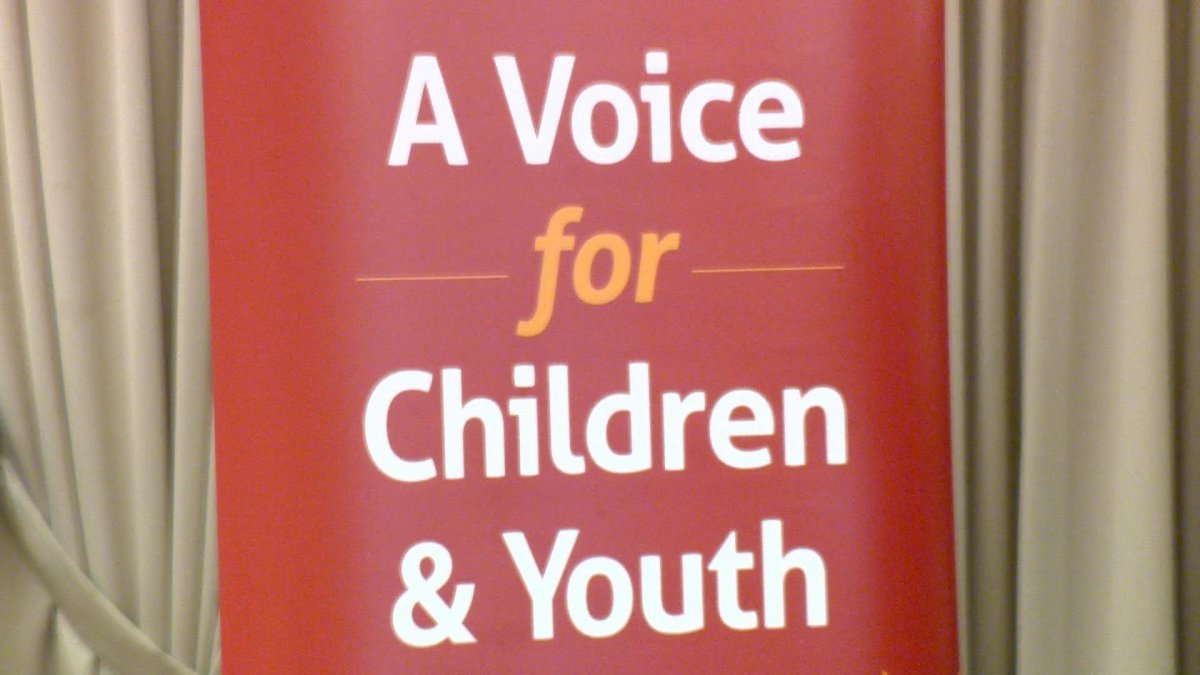The Saskatchewan Advocate for Children and Youth has found a number of problems, such as children not being checked on and left unprotected from mistreatment, with the Ministry of Social Services’ Person of Sufficient Interest (PSI) program.

“Our review has found a history of ongoing concerns regarding children in PSI care, including children who are left unchecked, children who deeply struggle due to unmet needs, and, in several cases, children who have suffered maltreatment,” read a special investigation report released Tuesday after the advocate requested an investigation into the program to better understand where the issues and gaps lie.
The PSI program provides long-term protection for children who cannot live under the care of their biological parents. It places the child with extended family or another person they share a connection with (kinship care). Most court orders place the child with the new guardian until they are 18 years old.
Once in the care of the new guardian, the child is no longer under the supervision of the Ministry of Social Services, making the program different from foster or alternative care.
The investigation included a review of legislation, policies and services related to the PSI program and an examination of and interviews with the Ministry of Social Services and First Nations Child and Family Service Agency about the delivery of the program.
Significant areas of concern that came out of the review, included concern related to placement and permanent planning policies, limited case management support, services available for youth in PSI care and lack of reunification support.
“While Ministry policy cites a child’s best interests as the guide to decision making, the process lacks procedural guidelines to ensure that all legal options for supporting the child now and into the future are carefully examined and weighed,” read the report.
Children in PSI placements have represented about one-third of all children in out-of-care homes.
The report suggested that immediate changes are needed to the program to ensure children’s rights are protected and to make sure they are ending up in the proper care.
The report pointed out that after the child has moved from the government’s care, the ministry loses the ability to ensure that the terms of the guardian’s agreement are being met, resulting in children being unchecked.
“When concerns arise about the quality of care and needs of the child that do not meet the threshold of child protection involvement, staff have expressed various opinions about whether they can raise these issues and are clear that they cannot speak to the child without the PSI guardian’s permission,” read the report.
“Unaddressed concerns can escalate into family crisis, risk of abuse or placement disruption and prevent any opportunity to identify resources that may benefit the PSI guardian and child.”
The report made several recommendations for the ministry to consider improving the PSI program, including:
- That the ministry review and amend its current permanency planning policies and procedures to incorporate the elements of a best interest assessment as required by the United Nations Convention on the Rights of the Child when recommending a permanency plan.
- That the ministry take steps to develop staff competency in assessing extended family caregivers, including the ability to identify and address issues of intergenerational trauma.
- That the ministry develop procedures to ensure potential PSI guardians have a complete understanding of their role and responsibilities prior to a recommendation for a PSI order.
- That the ministry review and amend its case planning processes to ensure that a child’s wishes are collected and documented (as appropriate given age or maturity) prior to an application for a PSI order.
- That the ministry develop policy regarding the appropriateness of legal representation for children for court proceedings and the inclusion of recommendations to the court pertaining to maintaining parental and sibling contact.
- That the ministry revise its policies and procedures to require additional oversight and prevent overcrowding of a foster home when there is a recommendation for a foster parent to become a PSI for a child in their care.
- That the ministry complete a comprehensive qualitative review of its PSI program to evaluate whether this program is meetings its objective of permanency and a safe, stable and healthy placement as outlined by a Child’s Rights Impact Assessment.
- That the ministry amend the Child and Family Services Act to provide an extension of services to children in PSI care to age 21.
The ministry accepted all but one recommendation from the report, rejecting the request to increase its services to PSI children from 18 years old to 21, to align with the ministry’s Alternative and Foster Care programs.
“Not accepting this recommendation serves to perpetuate a discriminatory condition for those children and youth who are in the PSI program,” the advocate stated in the report.
“We want to take a fulsome look at that to understand what might be the implications of (the last recommendation),” responded Social Services Minister Gene Makowsky. “We want to talk to stakeholders and listen and hear before we make a quick decision on that one.
“Maybe there are some unintended consequences.”
Makowsky said the government has committed to a full review of the program, which will take several months.
He did not add when the review will begin or what areas it would focus on, only adding that the ministry will take all of the advocate’s suggestions seriously.
“We want to find that balance between doing things in a reasonable amount of time but also trying to get it right by talking to folks and understanding where there potentially may be challenges so I don’t know what the review will show,” Makowsky said.







Comments